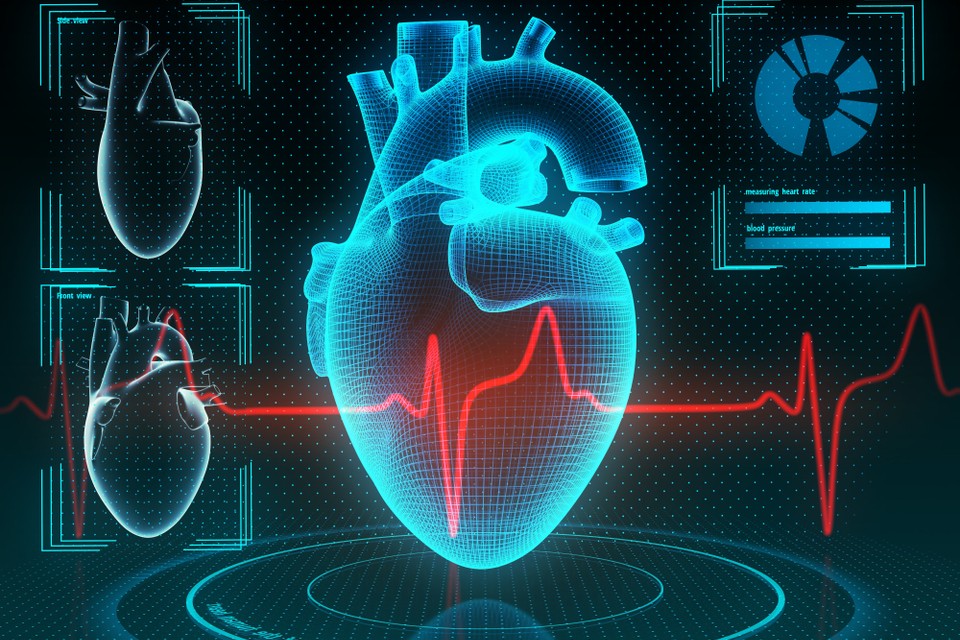Researchers from University College London teamed up with colleagues at Barts Health NHS Trust to measure blood flow using AI.
Heart disease is the leading cause of death in the united states. According to the CDC, one person in the U.S. dies every 37 seconds from cardiovascular diseases.
One symptom that’s common to many heart conditions is reduced blood flow. So, it’s not surprising that international guidelines recommend specific assessments to measure a patient’s blood flow.
Unfortunately, many of these assessment methods are invasive and carry risk.
Although non-invasive blood flow assessment methods like Cardiovascular Magnetic Resonance (CMR) imaging exist, they’re not perfect. Health professionals can barely analyze the scanned images with the precision necessary to recommend treatment.
A researcher from the UCL Institute of Cardiovascular Science and Barts Health NHS Trust, Prof. James Moon, said:
“We have tried to measure blood flow manually before, but it is tedious and time-consuming, taking doctors away from where they are needed most, with their patients.”
That’s where artificial intelligence comes in.
In a paper published in the journal Circulation, the researchers described how they measured blood flow using AI.
Using AI Technique to Measure Blood Flow
The team collected routine CMR scans from over 1,000 patients from St Bartholomew’s Hospital and the Royal Free Hospital.
Using a new AI technique, the researchers analyzed the images to calculate the quantity of blood flow to the heart muscle. Afterward, they compared the AI-generated blood flow result with the patient’s outcome.
The findings from the study suggest that patients with reduced blood flow were more likely to experience adverse health outcomes. These include heart failure, stroke, heart attack, or even death.
By using AI to instantly and accurately predict the flow of blood, the researchers proved that machines could predict these adverse health outcomes better than a doctor would.
The NIH researcher, Dr. Peter Kellman, who developed the automated AI techniques alongside Dr. Hui Xue, said:
“This study demonstrates the growing potential of artificial intelligence-assisted imaging technology to improve the detection of heart disease and may move clinicians closer to a precision medicine approach to optimize patient care.”
The researchers believe that the new imaging approach from the British Heart Foundation-funded study could save lives in the future.


















Comments (0)
Most Recent